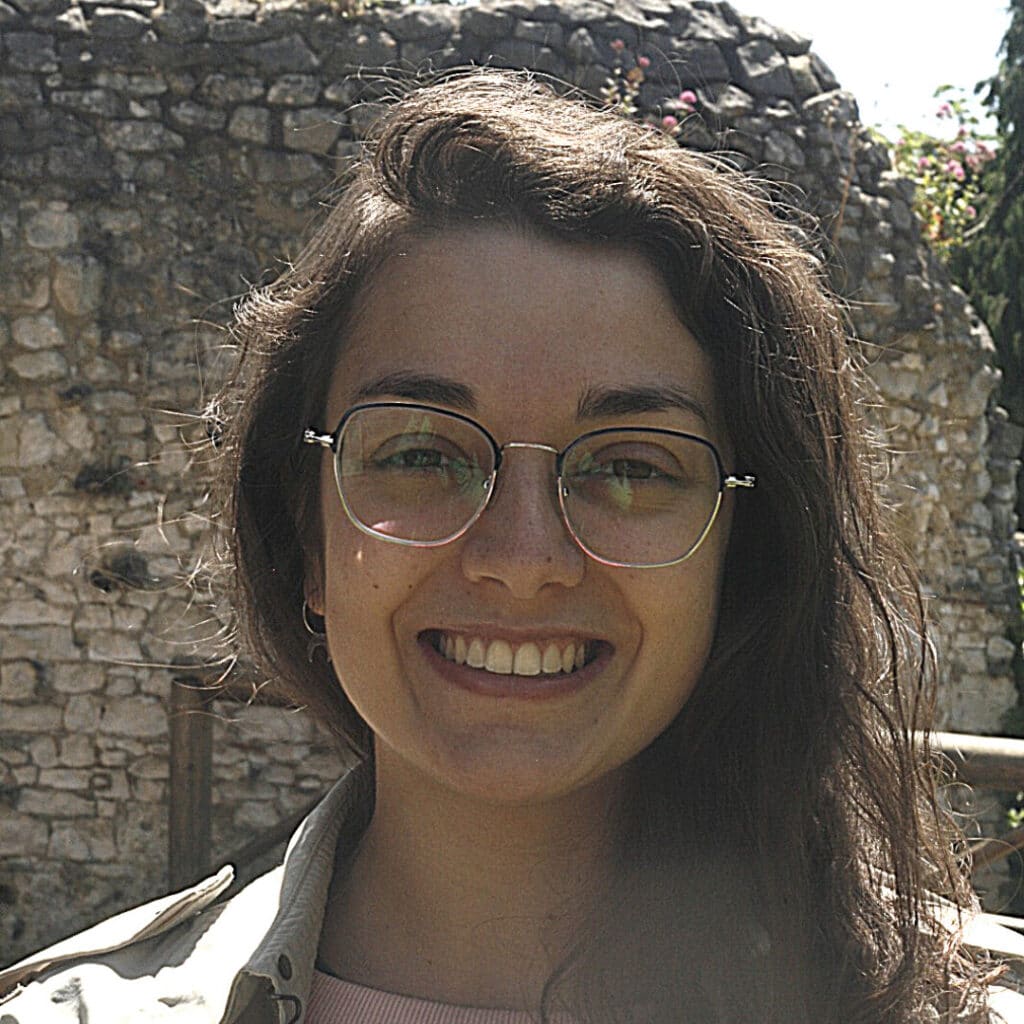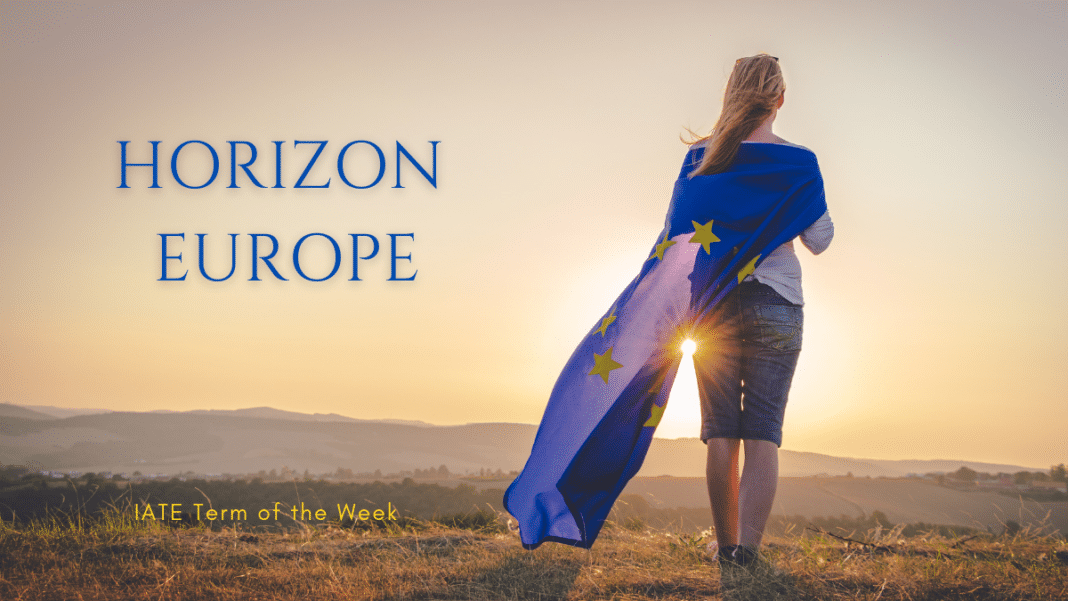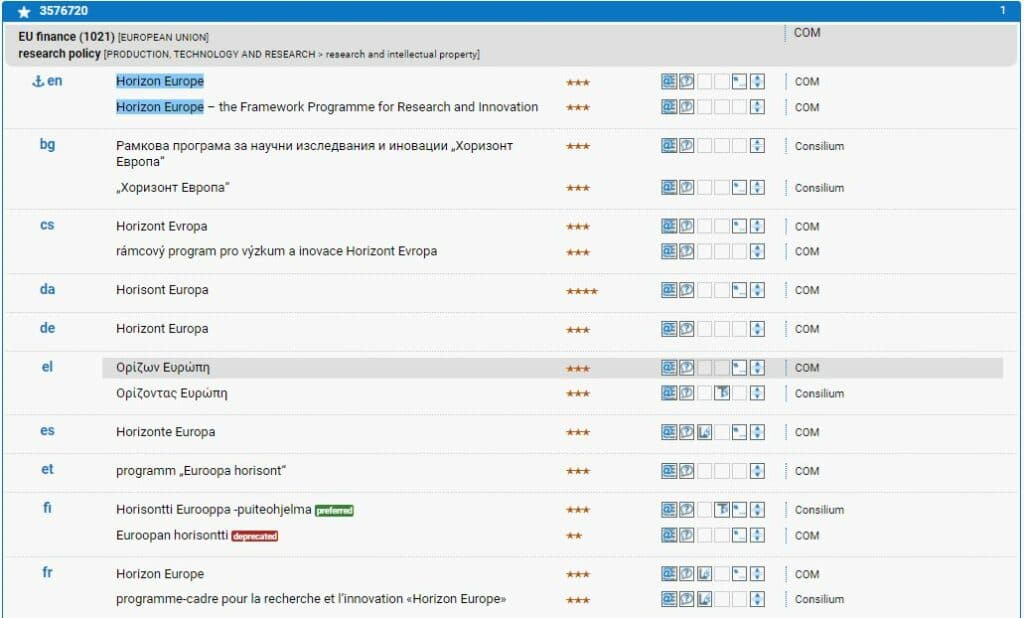The challenge that confronts us today is to recover from the sanitary, economic and emotional distress that the COVID-19 pandemic has put everyone through. To support recovery in European countries, the EU has launched a new programme: Horizon Europe.
Horizon Europe is a funding programme of 95.5 billion euros (including 5.4 billion euros from NextGenerationEU) that aims at boosting research and innovation within EU borders. It starts this year and will last until 2027.
The first strategic plan for the programme (lasting until 2024) has been adopted by the European Commission on 15 March 2021. The application for funding opened this spring and the approved projects will be decided in the summer. In the following paragraphs, we will explain what makes this programme different from Horizon 2020 and what its main missions are.
What has changed in comparison to Horizon 2020
The name of this programme is not unheard of. Indeed, it continues on the same path as Horizon 2020, the funding programme which ended last year. However, some important changes have been introduced in the new programme.
First, “open innovation” has replaced “industrial leadership”. Among other things, the European Innovation Council was created to facilitate the implementation of breakthrough innovations with the potential to change our future.
Second, for what concerns research, the focus shifted towards “open science”. Horizon Europe has revisited the European Research Area and made it stronger as research has a fundamental role in feeding innovation and growth. Some of the measures addressing science will include open access to scientific publications, scholarships to researches and investments into research infrastructures. In total, 25 billion euros of Horizon Europe will be devoted to science and research.
Third, the objectives of the programme will be reached thanks to partnerships with national authorities of the member states and private companies. International cooperation is seen as fundamental for making European industries more competitive on the global market and promoting a sustainable economic growth.
The 5 mission areas of Horizon Europe
Another difference from Horizon 2020 is the addition of 5 clearly defined missions aligned with EU priorities. Their purpose is to make the EU the forerunner in digitalisation, solutions to fight climate change and the health industry, while also preserving biodiversity and shaping a fairer EU for all people regardless of their gender.
The 5 missions are:
• Fighting cancer
• Equipping Europeans to best adapt to climate change
• Protecting our seas, coasts and inland waters
• Building green and smart cities
• Ensuring access to healthy food and not polluted soil
Ultimately, Horizon Europe aims at building a greener, healthier, fairer and more digital EU that will be prepared to face the challenges that lie ahead.
References
European Commission. 2021. Horizon Europe | European Commission. [ONLINE] Available at: https://ec.europa.eu/info/research-and-innovation/funding/funding-opportunities/funding-programmes-and-open-calls/horizon-europe_en. [Accessed 21 May 2021].
European Commission. 2021. Horizon Europe. THE EU RESEARCH& INNOVATION PROGRAMME 2021 – 27. [ONLINE] Available at: https://ec.europa.eu/info/sites/default/files/research_and_innovation/funding/presentations/ec_rtd_he-investing-to-shape-our-future.pdf. [Accessed 21 May 2021].
European Commission. 2021. Press corner | European Commission. [ONLINE] Available at: https://ec.europa.eu/commission/presscorner/detail/en/IP_21_1122. [Accessed 21 May 2021].
HORIZON EUROPE. 2021. HORIZON EUROPE | Horizon Europe – Cliffnotes. [ONLINE] Available at: https://www.horizon-eu.eu/. [Accessed 21 May 2021].

Written by Maria Bruno, Schuman Trainee at the Terminology Coordination Unit. She holds a master’s degree in Translation and a bachelor’s degree in Italian Language and Literature. She is trained in websites and social media management, content writing and SEO. Currently, she is studying for her Diplôme Universitaire in Terminology at the University of Savoie-Mont Blanc.


